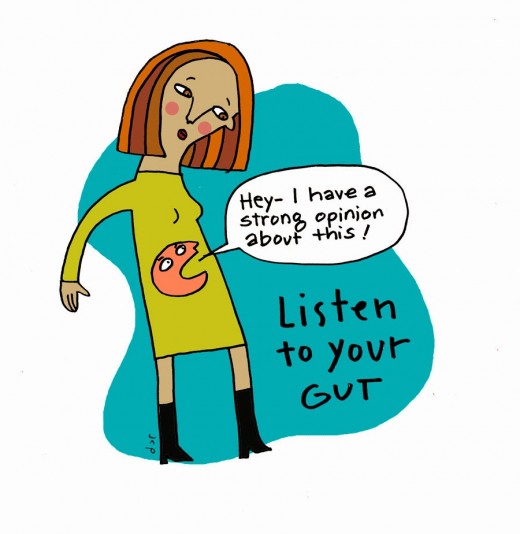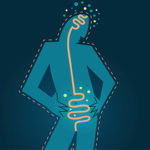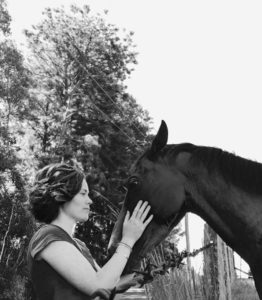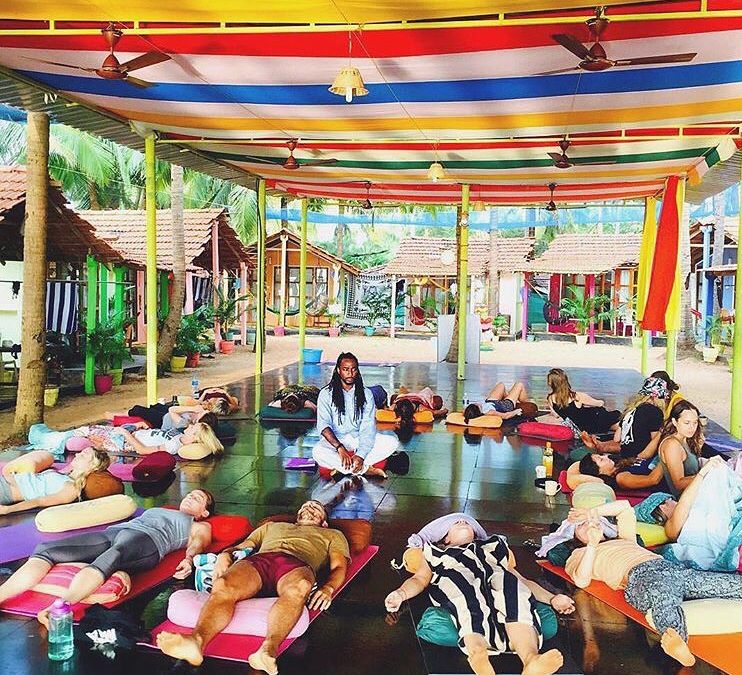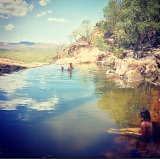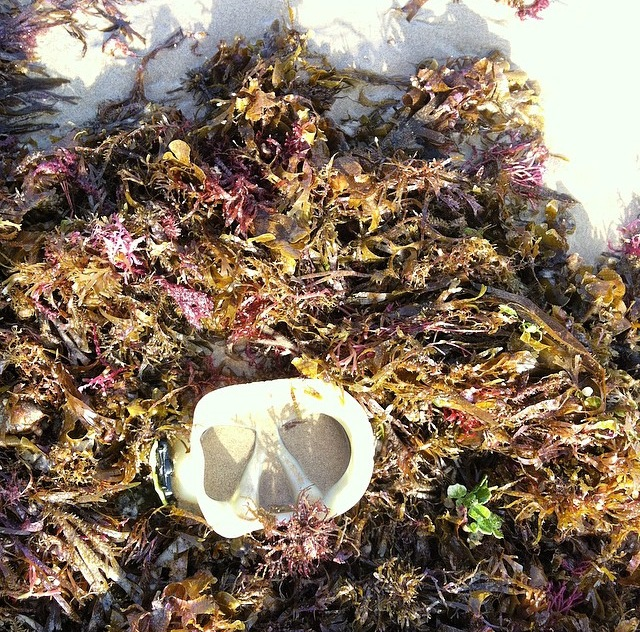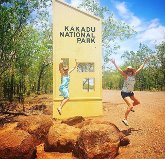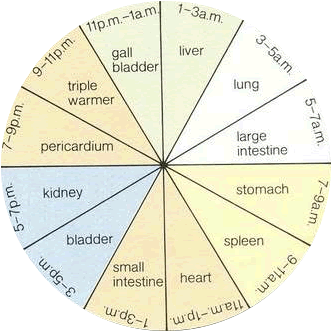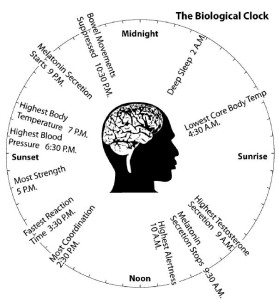
Acupuncture for TMJ
Acupuncture for TMJ
What is TMJ?
TMJ stands for Temporo-Mandibular Joint. The TMJ is the joint that connects the jaw to the skull. These joints are involved in eating, facial movements and speech. Let’s get into how Acupuncture for TMJ pain can be helpful.
What is TMJ pain?
Pain that can feel grinding in the jaw, that if left untreated can lead to inability to chew properly, ear pain, migraine, headache, lack of sleep, tooth pain, lockjaw, dizziness, anxiety and joint noises such as cracking or popping of the jaw.
What are the symptoms you might experience from TMJ pain?
- Inability to chew food properly
- Ear pain or ear ache
- Insomnia
- Tooth ache
- Locked jaw
- Headache
- Migraine
- Mood dosorders
- Neck pain
- Dizziness
- Vertigo
How can TMJ be diagnosed?
Diagnostic tests may include:
- Xray
- MRI
- CT scan
- Physical exam by a general physician, physical therapist or other allied health professional if you are presenting with persistent jaw pain
Available treatment options for TMJ pain
- Exercises to relax or strengthen the muscles of the jaw
- Dental splints to reduce tooth grinding at night
- Dental alignment
- Stress management
- Soft tissue release to relax muscle tension in the jaw
- Diet changes such as increasing omega’s to reduce systemic inflammation such as arthritis, autoimmune or connective tissue conditions
- Pharmaceutical pain relief
- Herbal medicine
- Acupuncture
- Physical therapy
By the time a person seeks treatment, TMJ is often at its chronic stage so it does take time to treat it and using more than one type of approach would give a person a better outcome.
For example: managing stress so that a person does not grind their teeth at night thus reducing the need for a dental splint, improving diet to align with low to no inflammation in the body and seeking treatment from a qualified therapist to assist soft tissue release such as having acupuncture or having dental procedures to correct jaw and tooth alignment.
Acupuncture for TMJ:
Acupuncture therapy has been around for centuries and is often known to be able to treatment painful conditions. Aside from dental causes of TMJ, the majority of cases can be seen as a deep route of underling stress which therefore causes tension on the neck, jaw and temporal muscles of the skull. Exacerbated tension leads to exacerbated pain. The added benefits of chinese herbal medicines, diet and lifestyle advice alongside the acupuncture therapy, people can have lasting results in treating TMJ.
Current research findings for Acupuncture for TMJ:
- Acupuncture to have a positive effect in the treatment of pain associated with TMJ compared to the control groups (3).
- A 2010 study showed acupuncture treatment of TMJ achieved immediate effect in pain and showed ongoing positive effects after a treatment regime over 8 – 10 weeks of treatment (1).
- A 2012 study showed pain intensity was less in the trigger point acupuncture group than in the sham (fake acupuncture) treatment group, pain intensity decreased significantly between pretreatment and after 5 weeks, and trigger point acupuncture therapy may be more effective for chronic TMJ myofascial pain (2).
- A 2014 study showed laser acupuncture therapy improves the symptoms of treatment-resistant TMD. Further studies with a more appropriate designs specific for laser acupuncture are needed (5), however a review of acupuncture randomised control trials (3) found acupuncture showed promising results in the management of TMJ symptoms (4).
If you are suffering from TMJ pain please contact us today to discuss how we can help you at our Nambour Acupuncture clinic in the Sunshine Coast hinterland.
Contact us here
Book online here
Hi, I’m T anya, an AHPRA registered Acupuncturist and health practitioner in Nambour in the Sunshine Coast hinterland, Queensland Australia. I practice Chinese medicine because its safe, logical, relevant and has effectively shown methods of natural wellness for thousands of years (read more about my training here). Life doesn’t need to be complicated and nor does the treatment approaches to get people feeling vibrant and well. I’ve seen people gain a lot from treatments, much more than just alleviating symptoms. It’s exciting to connect with people and share deep wisdom from the classics of ancient and traditional medicine, with modern protocols for todays mind-body living. See you in the clinic !
anya, an AHPRA registered Acupuncturist and health practitioner in Nambour in the Sunshine Coast hinterland, Queensland Australia. I practice Chinese medicine because its safe, logical, relevant and has effectively shown methods of natural wellness for thousands of years (read more about my training here). Life doesn’t need to be complicated and nor does the treatment approaches to get people feeling vibrant and well. I’ve seen people gain a lot from treatments, much more than just alleviating symptoms. It’s exciting to connect with people and share deep wisdom from the classics of ancient and traditional medicine, with modern protocols for todays mind-body living. See you in the clinic !
References :
- Acupuncture for Treating Temporomandibular Disorder: Retrospective Study on Safety and Efficacy: Garty Adriel, Maimon Yair, Miller Udi; Acupunct Meridian Stud 2010
- Effects of trigger point acupuncture treatment on temporomandibular disorders: a preliminary randomized clinical trial: Kazunori Itoh, Sayo Asai, Hideaki Ohyabu, Kenji Imai, Hiroshi Kitakoji; Epub 2012
- Acupuncture therapy in the management of the clinical outcomes for temporomandibular disorders A PRISMA-compliant meta-analysis: Jun-Yi Wu, MD,Chao Zhang, MD, Yang-Peng Xu, MM, Ya-Yu Yu, MD,Le Peng, PhD, Wei-Dong Leng, PhD,Yu-Ming Niu, PhD, and Mo-Hong Deng, PhD
- Acupuncture for Temporomandibular Disorders: A Systematic Review: Seung-Hun Cho KMD PhD, Wei-Wan Whang KMD PhD.
- Clinical effectiveness of laser acupuncture in the treatment of temporomandibular joint disorder: Yu-Feng Huang, Jung-Chih Lin, Hui-Wen Yang, Yu-Hsien Lee, Chuan-Hang Yu; Epub 2014
- https://www.mayoclinic.org/diseases-conditions/tmj/symptoms-causes/syc-20350941

